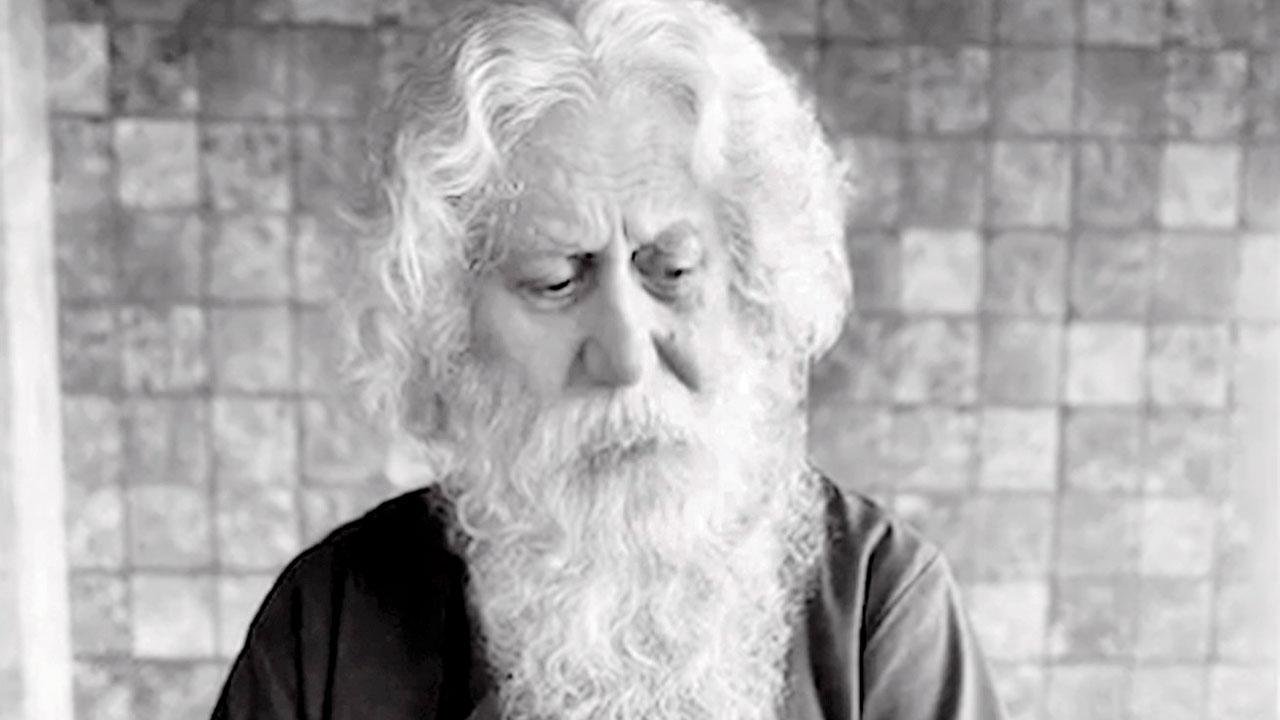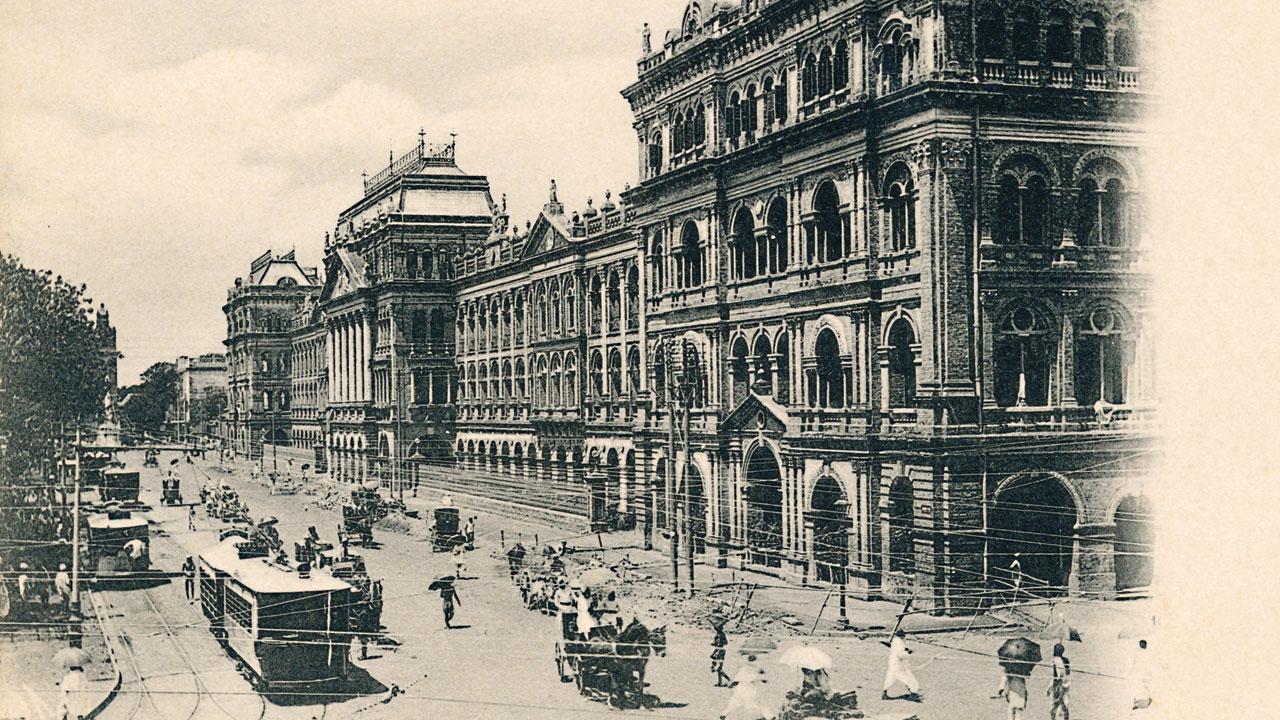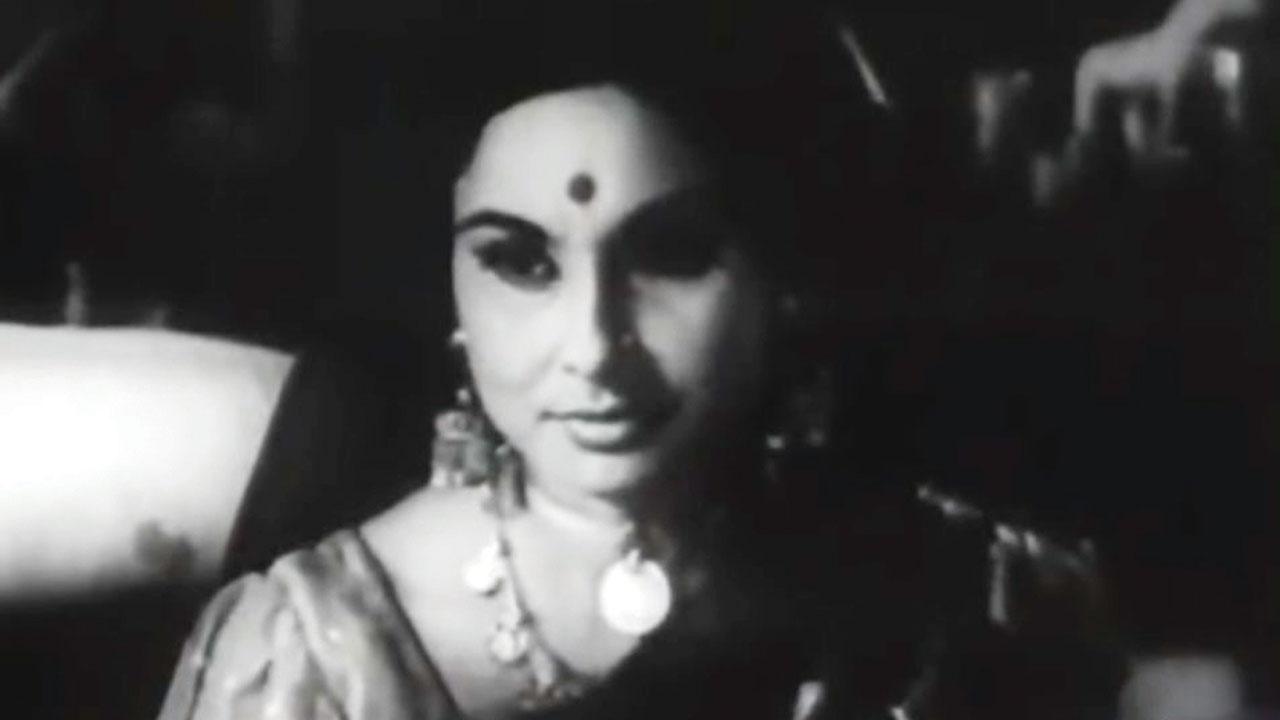Rabindranath Tagore’s works have endured across the ages. Now, as a new film starring Anupam Kher is in the works, we pick for you some iconic pieces of the writer

Anupam Kher
Recently, actor and producer Anupam Kher took to Instagram to share the news of his forthcoming role as Rabindranath Tagore, his 538th project so far. While details of the film are not yet out, we reminiscence what makes Tagore’s writings so vivid for us. Here are five pieces of work one must read to know Tagore’s influence as a writer, poet, playwright, and social reformer.
ADVERTISEMENT
Fruit-gathering
A collection of 86 short poems written under this title, Fruit Gathering is a tribute to the changing seasons of life, much like the phases between planting the seed and gathering the harvest. Tagore writes of life like a garden, where the flowers rise and fall back into the ground as their tenure on earth comes to an end: “My life when young was like a flower—a flower that loosens a petal or two from her abundance and never feels the loss when the spring breeze comes to beg at her door.” In another, he compares the exuberance of his heart to the blooming of a full-blown flower.
The Poet’s Religion
In this essay, part of a series titled Creative Unity, Tagore asks, “What is the truth of this world?” for which his answer is, “It is not in the materials which are many, but in the expression which is one.” Tagore, as a poet and a writer, was always immersed in distilling down the essence of life to its purest form. The essay explores the harmony of expression and recognising a spirit of harmony with the things of the world, within which we exist. His view of the world and its objects was, he stated, based on a “sense of unity” from within, to the “play of lights and shadows” without.
Glimpses of Bengal

Tagore’s collection of letters paint a picture of life as the writer saw it, from the vantage-point of youth. The detailed letters contain sketches of Tagore’s travels, in places like the village of Kaligram in West Bengal and onboard a steamer, heading to Cuttack.
Strir Patra (A Wife’s Letter)

Hailed as one of the first pieces in Bengali literature to depict the emancipation of women, A Wife’s Letter starts off with Mrinal, the second wife of a Calcutta businessman, writing to her husband when she’s away on a trip. The seemingly-romantic letter takes a turn when Mrinal reveals why she is writing it.
The Trial
A prose translation modelled after the verse play originally titled Lakshmi Pariksha, this play is at turns funny, at turns satirical, and above all, a sharp and witty social commentary on the charity of the rich and the meanness of the poor. Khiri, a maidservant, grumbles about the open-handedness of her wealthy employer, and the acts of charity that are left for her to execute.
 Subscribe today by clicking the link and stay updated with the latest news!" Click here!
Subscribe today by clicking the link and stay updated with the latest news!" Click here!







